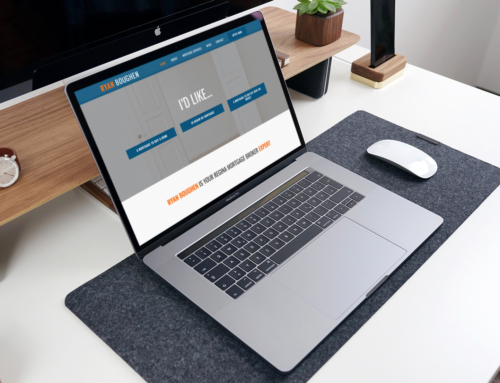There is a good chance that if you skimmed the news headlines this last week, you passed right on over a piece called CIBC sells negative-yield bonds for 1st time. No one blames you, because let’s face it, stories about the Canadian bond market don’t really scream excitement. However, despite the dry subject matter, the idea of paying money in order to “save your money” is an interesting one.
Yep, you read that right, pay money to lose money. Negative-yield bonds are bonds you purchase expecting to lose money. CIBC just raised almost $1.8 billion in six-year debts that will lose 0.009%. So why in the world would anyone do this? Well, according to the CBC News article referenced above “Investors have an appetite for such debt because the forecast for other assets is even worse. With stock returns looking dodgy due to fears about the global economy, lending money to a bank can seem appealing even if it’s guaranteed to lose a few pennies per dollar over time.”
Negative Mortgage Rates
Given the fact that mortgage rates are at an all time low, if you ever actually found yourself wondering about things like bond rates, and mortgage rates, you might question what would happen if they kept going down. Can you have negative mortgage rates? Will the bank pay you money to buy a house? Actually these questions were addressed by Bank of Canada Governor Stephen Poloz back in December of 2015.
Here are a couple articles that talk about negative mortgage rates.
- Negative interest rates an option in Canada, Stephen Poloz says
- How negative interest rates could have a positive economic impact
Quick summary of the articles… Instead of taking a loss, the average person would probably keep their cash under their mattress… but if banks were being punished for saving, and losing value on what they keep on deposit with the central bank, they would essentially be encouraged to stop hoarding their cash… the uptick in borrowing and lending caused by negative interest rates could provide a much-needed boost to Canada’s economy.
Now, instead of putting your money into an investment that is guaranteed to lose money, it might be a good idea to look at investing in property. If you have some money to invest, the minimum downpayment required in Canada for a rental property is 20%. Rental properties are good in that they provide cash flow and appreciation. Obviously there are advantages and disadvantages to building a small rental portfolio, and the simple fear of losing money in your savings account isn’t going to push you into the market, but if it’s something you have already been thinking about, why don’t you pick up the phone and give me a call, I’d love to sit down with you and talk about some of the options you have available to you.








